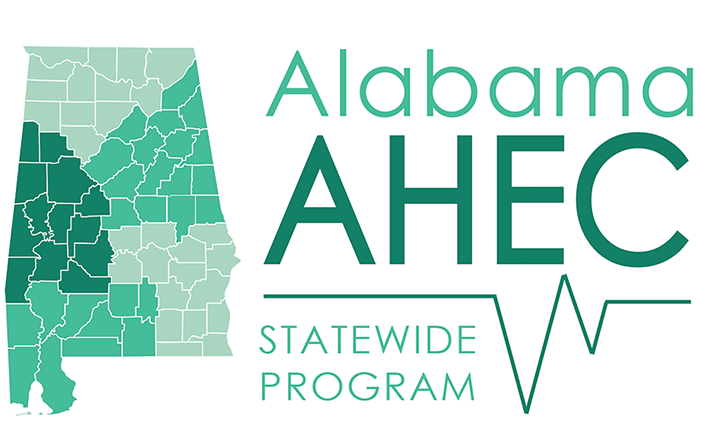Human metapneumovirus (HMPV) is a respiratory virus that usually causes cold-like symptoms and mild upper respiratory infections. However, it can occasionally result in more serious lower respiratory issues, such as pneumonia, asthma exacerbations, or worsening of chronic obstructive pulmonary disease (COPD). It poses a greater risk to young children, older adults, and those with weakened immune systems. HMPV infections are most prevalent in the winter and early spring. The virus spreads through respiratory droplets released into the air when an infected person coughs or sneezes, as well as through contact with contaminated surfaces like doorknobs or handles. It enters the body via the eyes, nose, or mouth, making close contact with infected individuals or shared environments a significant risk for transmission.
HMPV typically causes cold- or flu-like symptoms, including cough, fever, sore throat, runny or stuffy nose, body aches, and headaches. Severe symptoms may include wheezing, difficulty breathing, chest pain, dizziness, extreme fatigue, dehydration, or a persistent fever. The estimated incubation period for HMPV is 3 to 6 days, and the duration of illness varies depending on severity. Preventing HMPV and other respiratory infections requires good hygiene and minimizing exposure. Wash hands frequently, avoid touching your face, and disinfect commonly used surfaces. Cover coughs and sneezes, wear a mask in crowded spaces or when sick, and avoid sharing food or utensils. Improve ventilation in shared spaces and maintain a strong immune system through a healthy lifestyle. Although no vaccine is currently available, research is ongoing.
For More Information on HMPV See the Resources Below:
- Centers for Disease Control and Prevention. (2024, April 11). Human Metapneumovirus. Centers for Disease Control and Prevention. https://www.cdc.gov/human-metapneumovirus/about/index.html
- World Health Organization. (2025, January 10). Human Metapneumovirus (hMPV) infection. https://www.who.int/news-room/questions-and-answers/item/human-metapneumovirus-(hmpv)-infection
- American Lung Association. (Updated 2025, January 15). Human Metapneumovirus (hMPV). https://www.lung.org/lung-health-diseases/lung-disease-lookup/human-metapneumovirus-hmpv
Cited Sources
Centers for Disease Control and Prevention. (2024, April 11). Human Metapneumovirus. Centers for Disease Control and Prevention. https://www.cdc.gov/human-metapneumovirus/about/index.html
World Health Organization. (2025, January 10). Human Metapneumovirus (hMPV) infection. https://www.who.int/news-room/questions-and-answers/item/human-metapneumovirus-(hmpv)-infection
American Lung Association. (Updated 2025, January 15). Human Metapneumovirus (hMPV). https://www.lung.org/lung-health-diseases/lung-disease-lookup/human-metapneumovirus-hmpv






